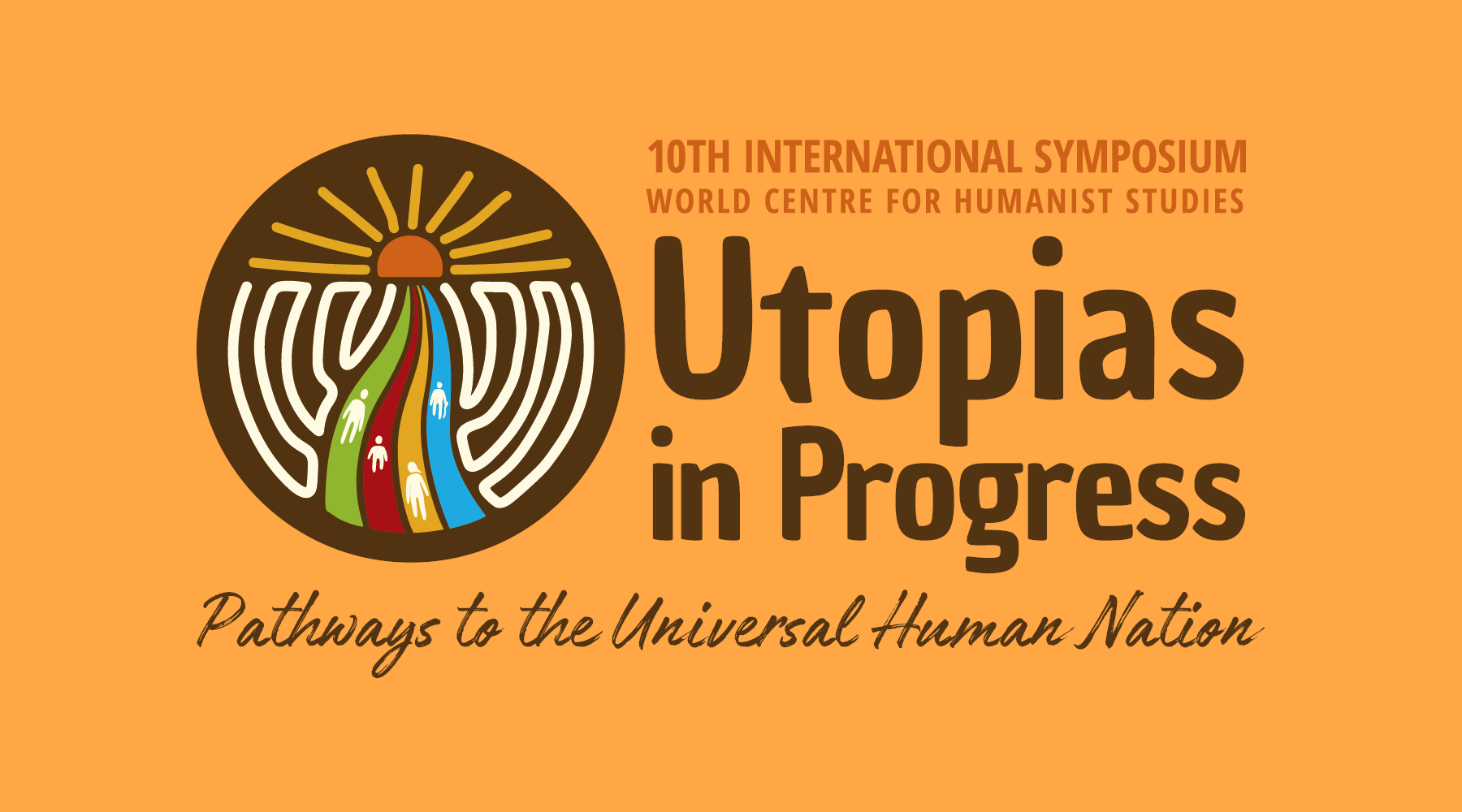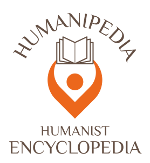The 9th International Symposium of the World Centre for Humanist Studies (WCHS) will take place the 28th, 29th, and 30th of April. Since the beginning of the WCHS international symposiums, 15 years have passed and the organisational deployment of volunteers around the world to make it happen has multiplied in each edition of the symposium.
Thanks to the result of this joint work, this Symposium is sponsored by the National Autonomous University of Mexico and the University of Granada, and during these three days, more than one hundred activities will take place, including panels, presentations, workshops, and round tables via the Zoom platform, and an on-site focal point of the Symposium in Europe at the Attigliano Park of Study and Reflection in Rome.
It is inspiring to be part of this volunteering from the very beginning of the organisation of the Symposium, to see how the framework and the title are defined, the thematic axes – from which the central theme of the Symposium will be reflected – among other organisational issues. In each of these steps, there is freedom of action for each volunteer, who puts his or her qualities and skills at the service of the whole. On the other hand, in this process, the Study Centres in each part of the world prepare themselves to contribute to the personal and/or joint reflection on the themes that will be addressed in the Symposium by preparing papers or activities such as thematic tables, talks and/or workshops, or by inviting peers from the academy or activists related to this humanising direction.
It is a feast of joint action, a jigsaw puzzle that is being put together and in which different wills and intentions come together, motivated by the image of making available to the whole a new version of the universalist humanist point of view on these crucial issues.
In this process, a beautiful mosaic has been formed, which has taken shape in a rich programme that we now have to offer to those who participate in this 9th International Symposium, an ambit of peers among those who have been reflecting and acting in the field to seek solutions to the crisis of civilisation that we are facing today.
From the different thematic axes that the Symposium has opened up, such as Health, Education, Economy and Society, Social Ecology, Nonviolence, Disarmament, the Gender Question and Feminisms, Indigenous Peoples and Decolonisation Movements, Human Rights, Consciousness and the World, Spirituality and Transcendence and Communication in the 21st Century, we will reflect on and explore possible ways out.
We will have central panelists in the different thematic areas such as Marcela Latorre Robles, Chilean, master in education, actress, theatre pedagogue, journalist, writer and oral storyteller who will speak about “El club de las letras”, a ludic-narrative method for teaching reading and writing, based on the methodology of coherence; Oleg Yasinsky, Ukrainian Chilean journalist, collaborator of independent Latin American media such as Pressenza. com, producer of political documentaries and translator who will give a talk on “The media for our times: a look from Russia”; Ale de la Puente, Mexican artist, writer and curator who will speak on “The experience of going beyond science from the perspective of art”; José Ángel Ruiz Jiménez from the University Institute of Peace and Conflict at the University of Granada who will speak on “The growing simplification of political nonviolence. From Yugoslavia to Catalonia”; Florbella Malaquías, Angolan lawyer, and president of the Angolan Humanist Party, will speak on “Gender and Feminisms in Angola”; Dr. Allan Astorga, the natural scientist, will speak on “Gender and Feminisms in Angola”. Allan Astorga Catgens, Costa Rican geologist, a specialist in land-use planning methodologies, and collaborator of NASA, will give a conference on “Restoration of balance in the ecosphere”; the doctor Erik Benito Oncologist, professor, and expert in Palliative Care and Honorary Member of the Spanish Society of Palliative Care, who will speak on the “Teachings of the process of dying”. “Elisa Sampaio, jurist, and Luis Guerra, jurist, member of the World Centre for Humanist Studies and president of the Human Rights Observatory of Portugal, both from Portugal, who will speak on “Human Rights and Jurisdictional Practice”; finally, Dr. Ela Urriola, writer, painter, professor of Philosophy, Bioethics and Aesthetics at the University of Panama, who will give a conference on “The Gestures of Humanity: Towards an Ethics of Care”.
Why does this 9th Symposium call for reflection on the crisis and overcoming it from the look of going beyond or crossing the barriers of thinking?
For those of us who are organising the 9th Symposium, the crisis of civilisation manifests itself at different levels and in all ambits of human action, thought and experience. What we also agree is that this one seems to “surpass” previous crises, as it adds to the possibility of a nuclear war, the threat – no less serious – of climate change that can seriously disrupt the conditions of life on the planet for the human species.
It is clear that what has been done so far to overcome the crisis has been ineffective or insufficient in the various fields of endeavour.
The question that this symposium asks is: How can we overcome the crisis of civilisation? Where do we go from here? It is from this intention that this ambit of meeting and reflection is opened, considering that we are facing an inflection point in a globalised and interconnected world.
How can we find creative solutions to this civilisational crossroads? That is the challenge posed by this 9th Symposium, and that is the meaning of the call and the invitation.
If you have not yet registered you can do so at the following link: http://2023.worldsymposium.org/en/registration
More information can be found at the following link: http://2023.worldsymposium.org



